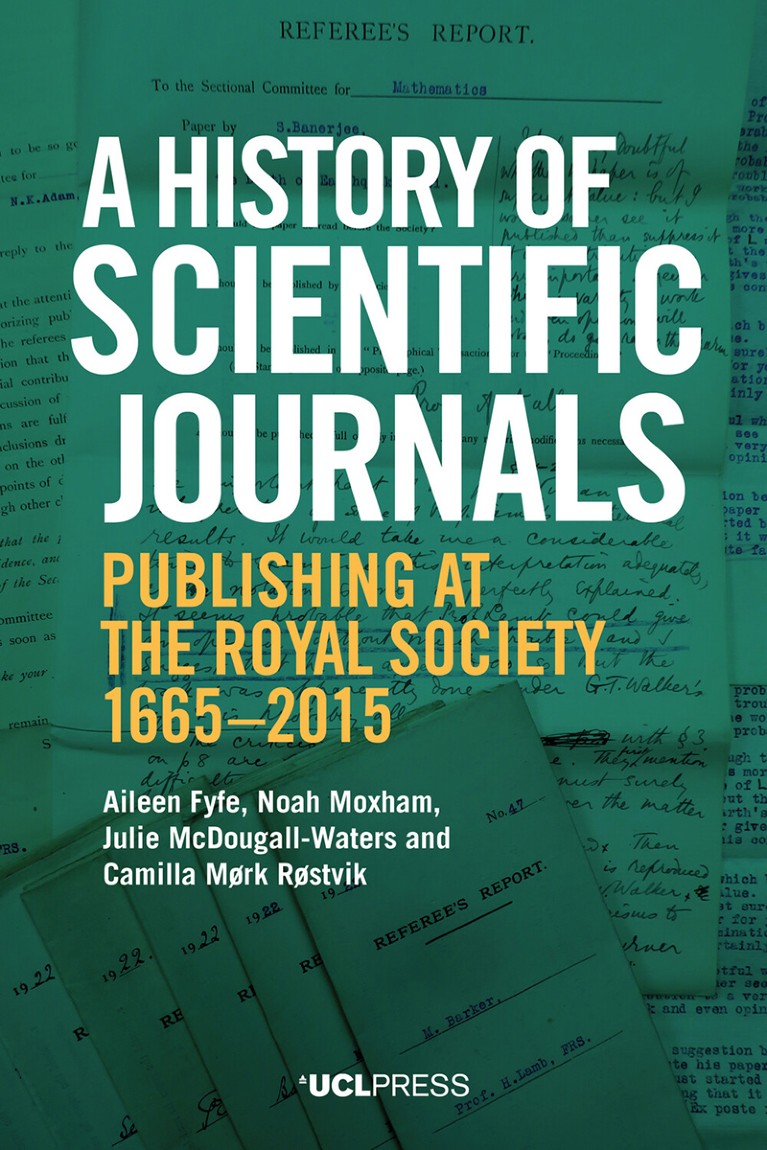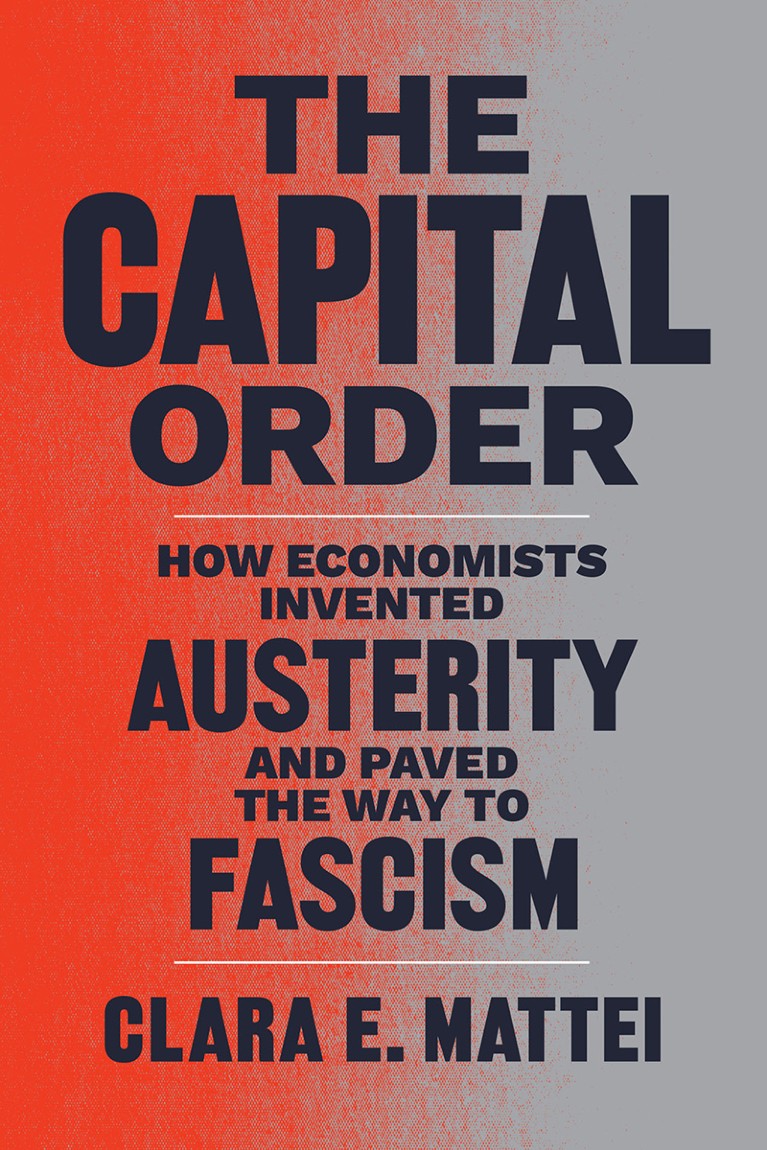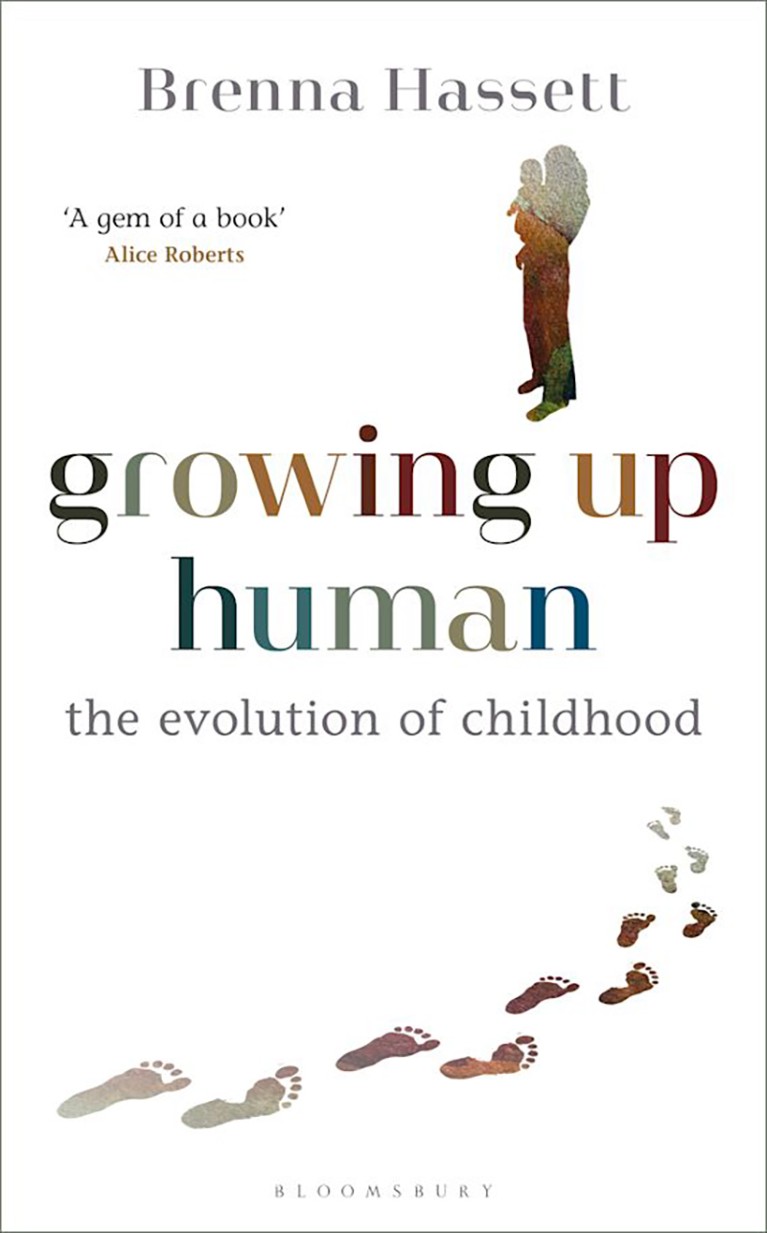[ad_1]

A History of Scientific Journals
Aileen Fyfe et al. UCL Press (2022)
Philosophical Transactions of the Royal Society, published from 1665 in London, is regarded as the first scientific journal. In this study, four historians recount and analyse the society’s publishing history up to 2015 — including the journal Proceedings, launched in 1831 — with erudition and acuteness. They reject the idea that the 1665 journal established four basic principles of current scientific publishing: registration, verification (peer review), dissemination and archiving. Instead, they show how these emerged gradually as science evolved.

The Capital Order
Clara E. Mattei Univ. Chicago Press (2022)
In the United States, the median male worker today earns less in real terms than in 1973, whereas the richest 400 families pay an overall tax rate lower than any other income group’s. Such shocking disparities underlie economist Clara Mattei’s topical study of austerity measures — fiscal tightening and cuts in wages and benefits — promoted over the past century. Focusing on 1920s liberal-democracy Britain and fascist Italy, she argues that the profitable application of austerity to these dissimilar nations licensed its use as a capitalist “tool of class control”.

The Magick of Matter
Felix Flicker Profile (2022)
Wolfgang Pauli, a founder of quantum mechanics, dismissed condensed-matter physics as Schmutzphysik, “the physics of dirt”. Physicist Felix Flicker makes this the opening chapter title in his imaginative introduction to the field, which employs one-third of today’s physicists. He stresses the ‘magical’ phenomenon of emergence: “The whole is more than the sum of the parts.” For example, sound travels through matter as emergent quasiparticles, phonons, which can be measured — yet, in a vacuum, they do not exist.

A Pipeline Runs Through It
Keith Fisher Allen Lane (2022)
During the First World War, monthly fuel-oil consumption by Britain’s warships surged: from 60,000 tonnes in 1914 to around 310,000 tonnes in 1918, most of it imported from the United States after Russian and Romanian supplies were cut off. Oil might even have been a catalyst for the war’s outbreak, proposes Keith Fisher, a journalist and researcher on corporate and environmental issues. His deeply researched, inevitably lengthy history of oil from Neanderthals to 1918 includes its purported use in waterproofing Noah’s Ark.

Growing Up Human
Brenna Hassett Bloomsbury Sigma (2022)
Bioarchaeologist Brenna Hassett’s PhD was in dental anthropology: looking for clues to human lives in ancient teeth. Her intriguing, entertaining book looks at a different facet of life: childhood. Why do humans take so long to grow up? When other apes are starting to reproduce, we are still playing. What, she asks, is the “weird, unique human childhood” for? She examines distinctive aspects from messy mating and dangerous pregnancies to the puzzling human fondness for formal education and love of the written word.
Competing Interests
The author declares no competing interests.
[ad_2]
Source link
